
Kód: 04536110
Enlightened Aid
Autor Amanda Kay McVety
Enlightened Aid is a unique history of foreign aid. It begins with the modern concept of progress in the Scottish Enlightenment, follows its development in nineteenth and early twentieth-century economics and anthropology, describ ... celý popis
- Jazyk:
 Angličtina
Angličtina - Vazba: Pevná
- Počet stran: 312
Nakladatelství: OUP USA, 2012
- Více informací o knize

5014 Kč
Dostupnost:
50 % šance Máme informaci, že by titul mohl být dostupný. Na základě vaší objednávky se ho pokusíme do 6 týdnů zajistit.
Máme informaci, že by titul mohl být dostupný. Na základě vaší objednávky se ho pokusíme do 6 týdnů zajistit.Prohledáme celý svět
Mohlo by se vám také líbit
-

High-profile Crimes
1710 Kč -

Inspire 1
1774 Kč -

Alfred Schutz's Sociological Aspect of Literature
4290 Kč -

The Beautiful Game
1328 Kč
Dárkový poukaz: Radost zaručena
- Darujte poukaz v libovolné hodnotě a my se postaráme o zbytek.
- Poukaz se vztahuje na celou naši nabídku.
- Elektronický poukaz vytisknete z e-mailu a můžete ihned darovat.
- Platnost poukazu je 12 měsíců od data vystavení.
Informovat o naskladnění knihy
Zadejte do formuláře e-mailovou adresu a jakmile knihu naskladníme, zašleme vám o tom zprávu. Pohlídáme vše za vás.
Více informací o knize Enlightened Aid
Nákupem získáte 501 bodů
 Anotace knihy
Anotace knihy
Enlightened Aid is a unique history of foreign aid. It begins with the modern concept of progress in the Scottish Enlightenment, follows its development in nineteenth and early twentieth-century economics and anthropology, describes its transformation from a concept into a tool of foreign policy, and ends with the current debate about aid's utility. In his 1949 inaugural address, Harry Truman vowed to make the development of the underdeveloped world a central part of the United States government's national security agenda. This commitment became policy the following year with the creation of Point Four-America's first aid program to the developing world. Point Four technicians shared technology, know-how, and capital with thirty-four nations around the world. They taught classes on public health and irrigation, distributed chickens and vaccines, and helped build schools and water treatment facilities. They did all of it in the name of development, believing that economic progress would lead to social and political progress, which, in turn, would ensure that Point Four recipient nations would become prosperous democratic participants in the global community of nations. Point Four was a weapon in the fight against poverty, but it was also a weapon in the fight against the Soviet Union. Eisenhower reluctantly embraced it and Kennedy made it a central part of his international policy agenda, turning Truman's program into the United States Agency for International Development. Point Four had proven itself to be a useful tool of diplomacy, and subsequent administrations claimed it for themselves. None seemed overly worried that it had not also proven itself to be a particularly useful tool of development. Using Ethiopia as a case study, Enlightened Aid: U.S. Development as Foreign Policy in Ethiopia examines the struggle between foreign aid-for-diplomacy and foreign aid-for-development. Point Four's creators believed that aid could be both at the same time. The history of U.S. aid to Ethiopia suggests otherwise.
 Parametry knihy
Parametry knihy
Zařazení knihy Knihy v angličtině Society & social sciences Politics & government Political activism
5014 Kč
- Plný název: Enlightened Aid
- Autor: Amanda Kay McVety
- Jazyk:
 Angličtina
Angličtina - Vazba: Pevná
- Počet stran: 312
- EAN: 9780199796915
- ISBN: 0199796912
- ID: 04536110
- Nakladatelství: OUP USA
- Hmotnost: 592 g
- Rozměry: 241 × 165 × 29 mm
- Datum vydání: 26. April 2012
Oblíbené z jiného soudku
-

Letters to a Young Contrarian
339 Kč -

Wars and Capital
646 Kč -

Nine Lives
303 Kč -

Another Day of Life
276 Kč -
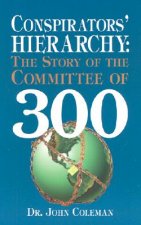
Conspirators' Hierarchy
515 Kč -

Son of Hamas
378 Kč -
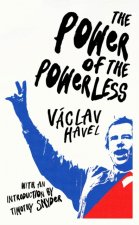
The Power of the Powerless
249 Kč -

Vegetarian Myth
479 Kč -
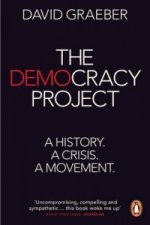
Democracy Project
303 Kč -

Stonewall Reader
369 Kč -

Out of Control
409 Kč -

Bridge at Andau
329 Kč -

City Is Ours
522 Kč -

Antifa
379 Kč -

Assassination Of Julius Caesar
382 Kč -
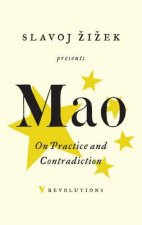
On Practice and Contradiction
336 Kč -

How To Do Nothing
635 Kč -
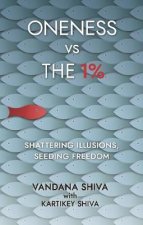
Oneness vs The 1%
276 Kč -

All the Shah's Men
475 Kč -
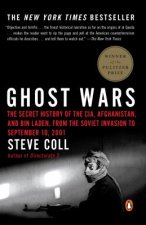
Ghost Wars
499 Kč -

Diary of Olga Romanov
570 Kč -

Virtue and Terror
531 Kč -
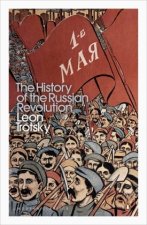
History of the Russian Revolution
543 Kč -

X: Straight Edge And Radical Sobriety
520 Kč -

U.S. Armed Forces Nuclear, Biological And Chemical Survival Manual
377 Kč -

Killing of Osama Bin Laden
213 Kč -

Unquiet Frontier
634 Kč -

Looming Tower
422 Kč -
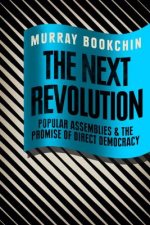
The Next Revolution
604 Kč -

Shankill Butchers
303 Kč -
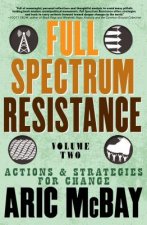
Full Spectrum Resistance, Volume Two
376 Kč -

Operation Thunderbolt: Flight 139 and the Raid on Entebbe Airport, the Most Audacious Hostage Rescue Mission in History
629 Kč -

My Seditious Heart
810 Kč -

Flight 93
362 Kč -
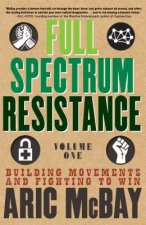
Full Spectrum Resistance, Volume One
376 Kč -

Founding Weimar
1201 Kč -
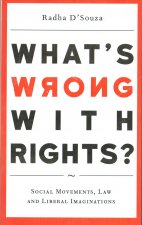
What's Wrong with Rights?
753 Kč -

Understanding Deradicalization
1974 Kč -

Fray
1672 Kč -

Looming Tower
462 Kč -
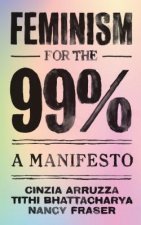
Feminism for the 99%
248 Kč -
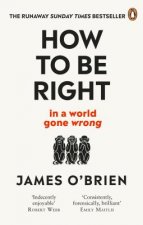
How To Be Right
358 Kč -

People's Tragedy
677 Kč -
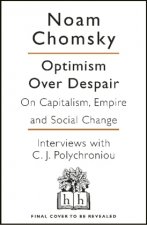
Optimism Over Despair
234 Kč -

One of Us
357 Kč -
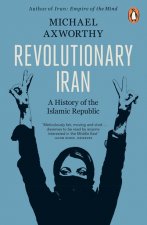
Revolutionary Iran
410 Kč -

Branding Terror: The Logotypes and Iconography of Insurgent Groups and Terrorist Organizations
678 Kč -

Out of the Mountains
512 Kč -
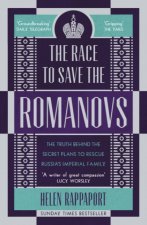
Race to Save the Romanovs
300 Kč
Osobní odběr Praha, Brno a 12903 dalších
Copyright ©2008-24 nejlevnejsi-knihy.cz Všechna práva vyhrazenaSoukromíCookies


 Vrácení do měsíce
Vrácení do měsíce 571 999 099 (8-15.30h)
571 999 099 (8-15.30h)